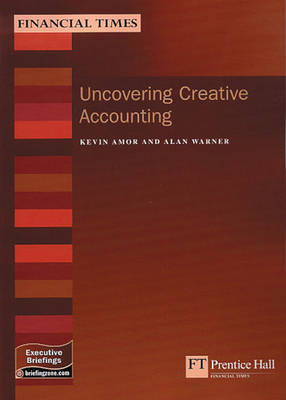MB Finance
3 total works
This best-selling briefing - now revised and updated in a second edition - provides a much needed independent review of the different value creation models and offers practical advice on how such a system should be implemented. The viability of alternative approaches is assessed through practical examples. The briefing then explores the ways in which you can maximise shareholder value at both strategic and operational levels within your company.
Contents include:
Financial performance measurement in context Operational measures of business performance Shareholder ratios Economic value added Other approaches to measuring shareholder value at corporate level Cascading shareholder value measures into the business Value based management Case studiesFeatures new content on:
economic value added (EVA) total shareholder return (TSR) cashflow return on investment (CFROI) updated case study material
It also highlights key issues in the current debate, and examines why so many companies are having problems and why the controls in the US seem to be less effective than those in Western Europe.

